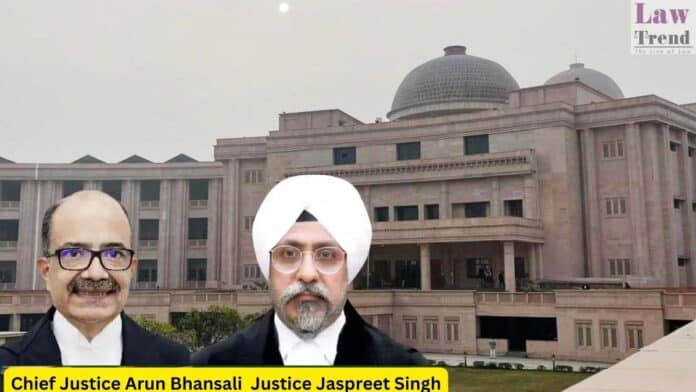In a landmark judgment, Chief Justice Arun Bhansali and Justice Jaspreet Singh of the Allahabad High Court reaffirmed the importance of fairness and transparency in public recruitment processes. Declaring that the sanctity of such examinations cannot be compromised by corruption or systemic irregularities, the court ruled on the controversial Desh Raj Singh and Others v.
To Read More Please Subscribe to VIP Membership for Unlimited Access to All the Articles, Download Available Copies of Judgments/Order, Acess to Central/State Bare Acts, Advertisement Free Content, Access to More than 4000 Legal Drafts( Readymade Editable Formats of Suits, Petitions, Writs, Legal Notices, Divorce Petitions, 138 Notices, Bail Applications etc.) in Hindi and English.




